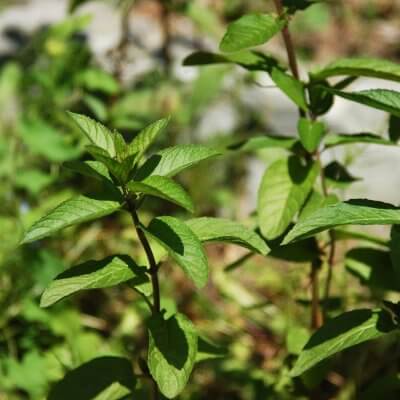Mint, whose Latin name is 'Mentha Piperita', is from the honeybabagiller family. Its homeland is the Mediterranean region, especially Anatolia and Egypt. It grows easily in natural conditions in almost every region of our country. There are 25-30 different types. It is a perennial herbaceous plant with purple-colored flowers, known for its strong scent.
This plant, which is used both fresh and dried, has a special place in world cuisine. With its characteristic smell, it adds a distinctive flavor to almost all kinds of dishes, salads, soups, meats, pizzas, buns, and pastries. It enriches food with its aroma. Mint, whose use in world cuisine and for health purposes dates back thousands of years, also takes place in Greek Mythology. It has been used throughout history in the manufacture of popular perfumes with its characteristic scent. It is known that mint, which was used by the natives in America, spread to Europe with trade ships. Symbolizing hospitality in many cultures, mint continues to be the first beverage offered to guests in the Middle East. The Romans used this herb against bee stings, to protect against diseases, and to express sincere feelings. In the Middle Ages, mint was thought to revitalize the soul and purify it from evil. Mint was used in funeral ceremonies. The Greeks believed that the smell of mint symbolized strength. This plant attributed to Venus; symbolizes love, devotion, love, passion, and virtue.
From the mint plant; Peppermint tea, peppermint oil, peppermint spirit, peppermint cologne, peppermint tincture, peppermint extract, peppermint extract, peppermint paste, peppermint soap, peppermint shampoo, peppermint liquor, and incense are produced. In addition, with the richness of resin, tannin, and essential oils in its content, it has entered the content of a wide variety of drugs.
Mint, which is dried under suitable conditions, maintains its freshness for up to 1 year when stored in a closed glass jar in a dim, cool, and dry environment.
[1] Herbal Treatment in Turkey_Prof.Dr.Turhan Baytop_(s302-303)
